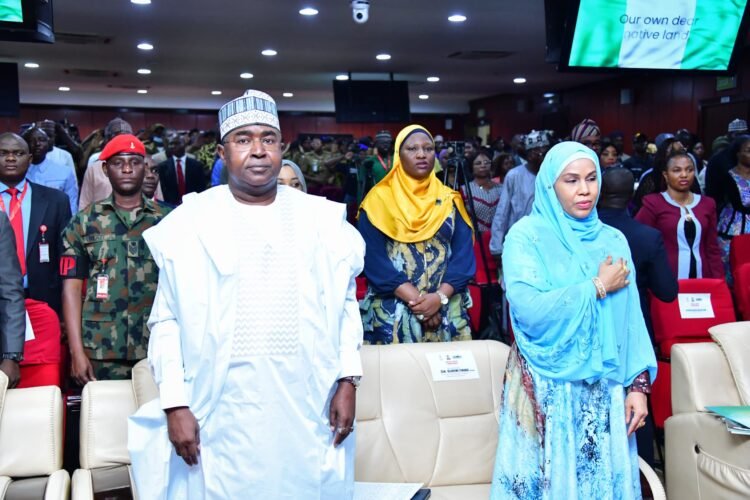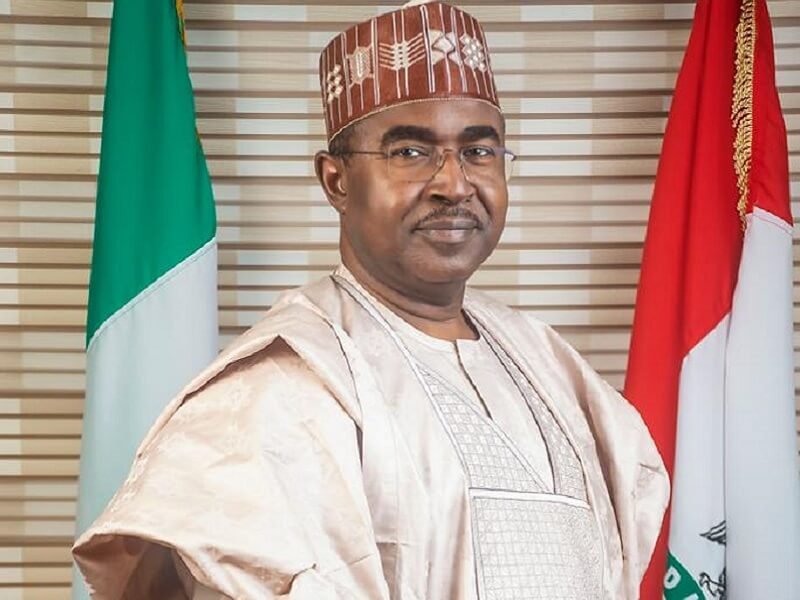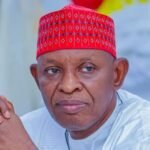STATE GOVERNMENTS URGED TO EMBRACE COMMUNITY-BASED INTERVENTIONS TO CURB SUBSTANCE ABUSE

State governments have been charged to embrace and entrench community-based interventions that will curb the impact of the scourge of substance abuse and illicit drug trafficking at the grassroots in line with the National Drug Control Master Plan (NDCMP). The charge was made at a training workshop organized by the National Drug Law Enforcement Agency (NDLEA) for the Nigeria Governors Spouses’ Forum in Abuja.

First Lady Senator Oluremi Tinubu, represented by wife of the Deputy Senate President, Hajiya Laila Jibrin Barau, commended the NDLEA and NGSF for the initiative, saying it will help advance drug control efforts to the grassroots across the country. “Today’s training will ensure that we are adequately armed with the right knowledge, tools, skills, and competencies necessary to effectively tackle this complex issue,” she said.

NDLEA Chairman Brig Gen Mohamed Buba Marwa noted that the drug scourge obstructs progress and dims prospects in an already beleaguered world. “Regrettably, Nigeria is not immune to this scourge, which steadily infiltrates every stratum of our society,” he said. Marwa charged stakeholders not to surrender to despair over the menace of drug abuse. “As patriots and vanguards of our nation’s well-being, it falls on us to strengthen our resolve, to move with deliberate speed towards practical and lasting resolutions that will, God willing, break the vicious cycle of drug abuse,” he said.
UNODC Country Rep Cheikh Ousmane Toure stated that “if the root of this crisis lies in our neighborhoods, schools, and homes, then the solution must too.” He reminded the first ladies that their influence transcends politics, adding that “you are the custodian of trust in your states. When you speak, community listens. When you act, local governments follow.”
The head of ECOWAS Drug Prevention and Control Division, Dr. Daniel Amankwaah, also urged state governments to invest in prevention and treatment efforts at the state and community levels. Experts who served as resource persons during the technical session of the workshop included Dr. Martins Agwogie, Prof. Akintunde Oyedokun, and Dr. Kunle Adeshina, among others.
















































































































































































































































































































































































































































































































































































































































































































































































































































































































































































































































































































































































































































































































































































































































































































